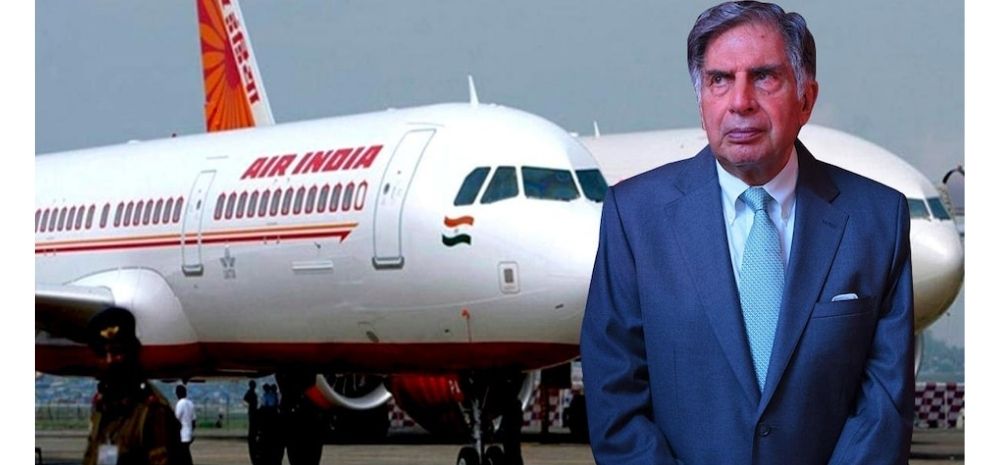Air India, now under Tata Group ownership, has implemented a reduction in the maximum free baggage allowance for its lowest fare bracket from 20 kg to 15 kg. This initiative is part of Tata Group’s efforts to revive the airline, which previously incurred significant losses exceeding ₹50,000 crores under government ownership.

Changes in Baggage Allowance
Passengers traveling on the ‘Economy Comfort’ and ‘Comfort Plus’ fare categories are now permitted to carry check-in baggage of up to 15 kg, as stated in a notification issued by Air India to travel agents, as seen by ET. The revised baggage limit took effect from Thursday.
Transition from Government to Private Ownership
Before privatization, Air India provided a free baggage allowance of 25 kg, which was reduced to 20 kg last year. The current reduction aligns Air India’s free baggage allowance with that of other airlines. Unlike some low-cost carriers like IndiGo, which limit passengers to one piece of luggage, Air India allows travelers to carry multiple bags within the weight limit.
Variety of Fare Brackets and Benefits
The airline has introduced multiple fare brackets, such as ‘Economy Flex,’ offering passengers paying higher fares the option to carry 25 kg of baggage. Additional amenities include no-change fees on tickets and other perks. The fare difference between ‘Comfort Plus’ and ‘Flex’ fares is approximately ₹1,000 on routes like Delhi-Mumbai, but the added value is nearly ₹9,000, including extra baggage allowance, zero change or cancellation fees, more loyalty points, and a wider choice of free seats.
Rationale Behind Fare Families
According to an Air India spokesperson, the introduction of multiple fare brackets aims to maximize revenue by catering to diverse passenger preferences. Bundled fares offer passengers greater value and flexibility, allowing them to choose the fare and services that best suit their needs.
Industry Trends and Cost Considerations
Globally, airlines have been adjusting baggage policies to encourage passengers to travel lighter and reduce operational costs associated with baggage handling. The manual process of handling passenger baggage involves sorting, loading, unloading, and rerouting, which incurs significant labor and logistical expenses for airlines.











